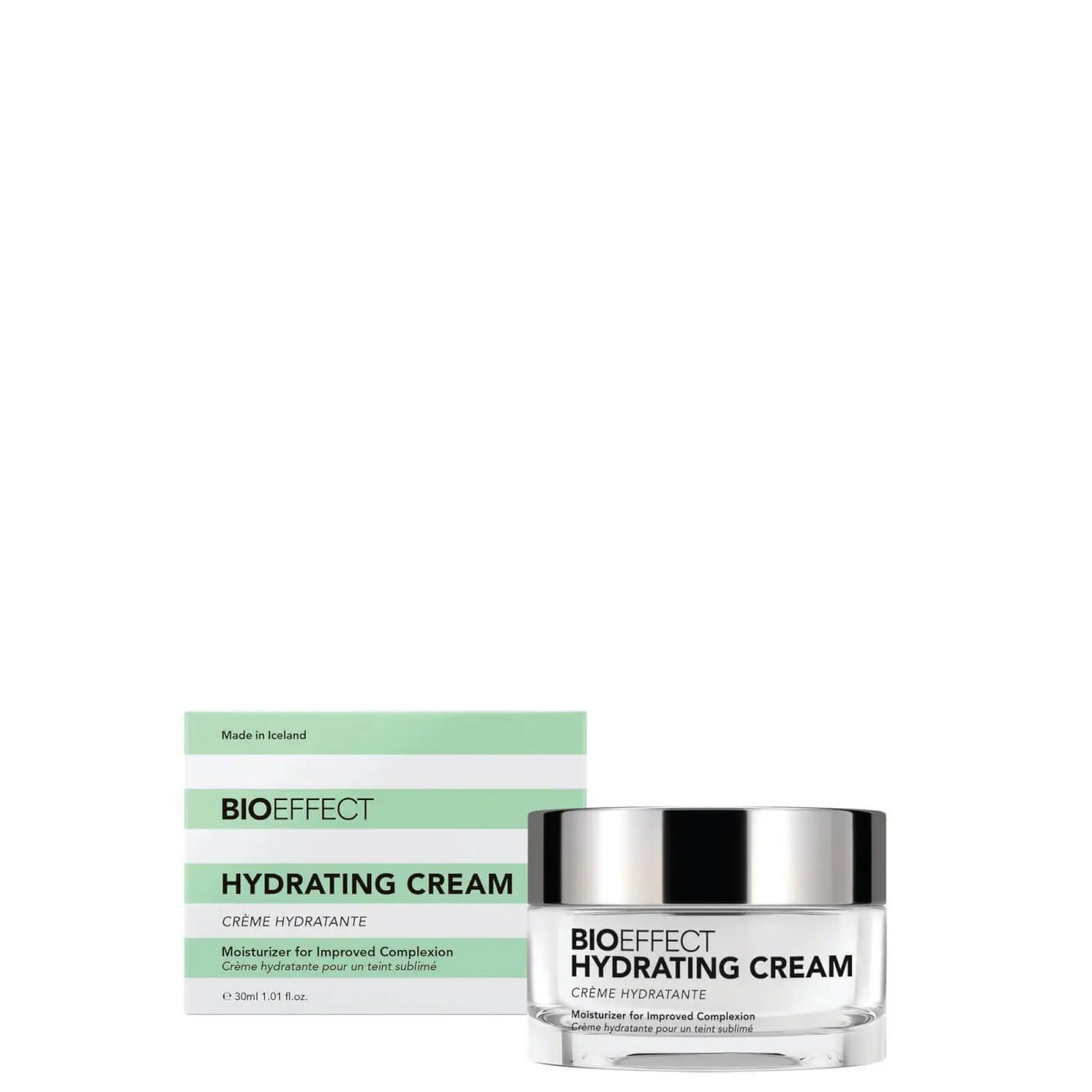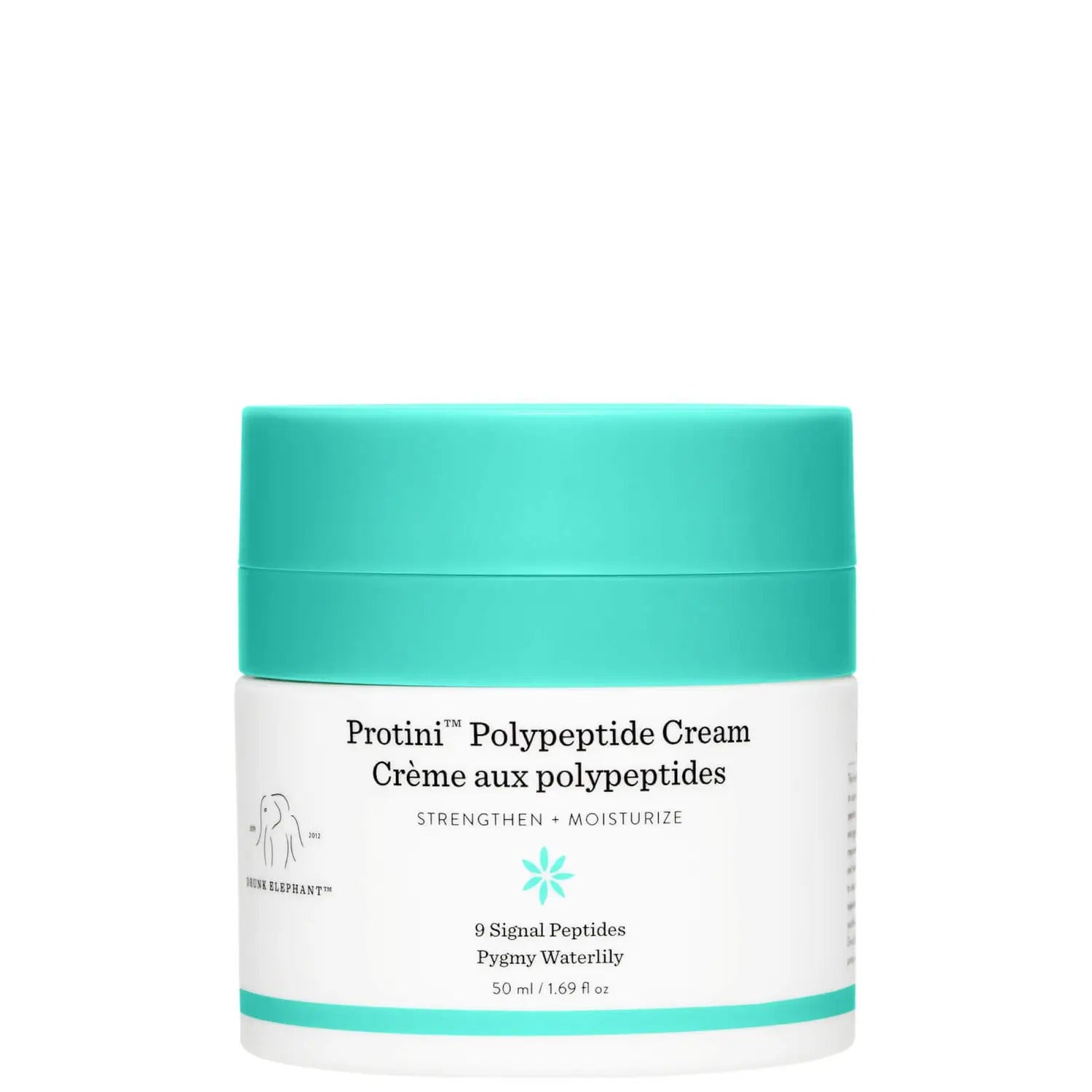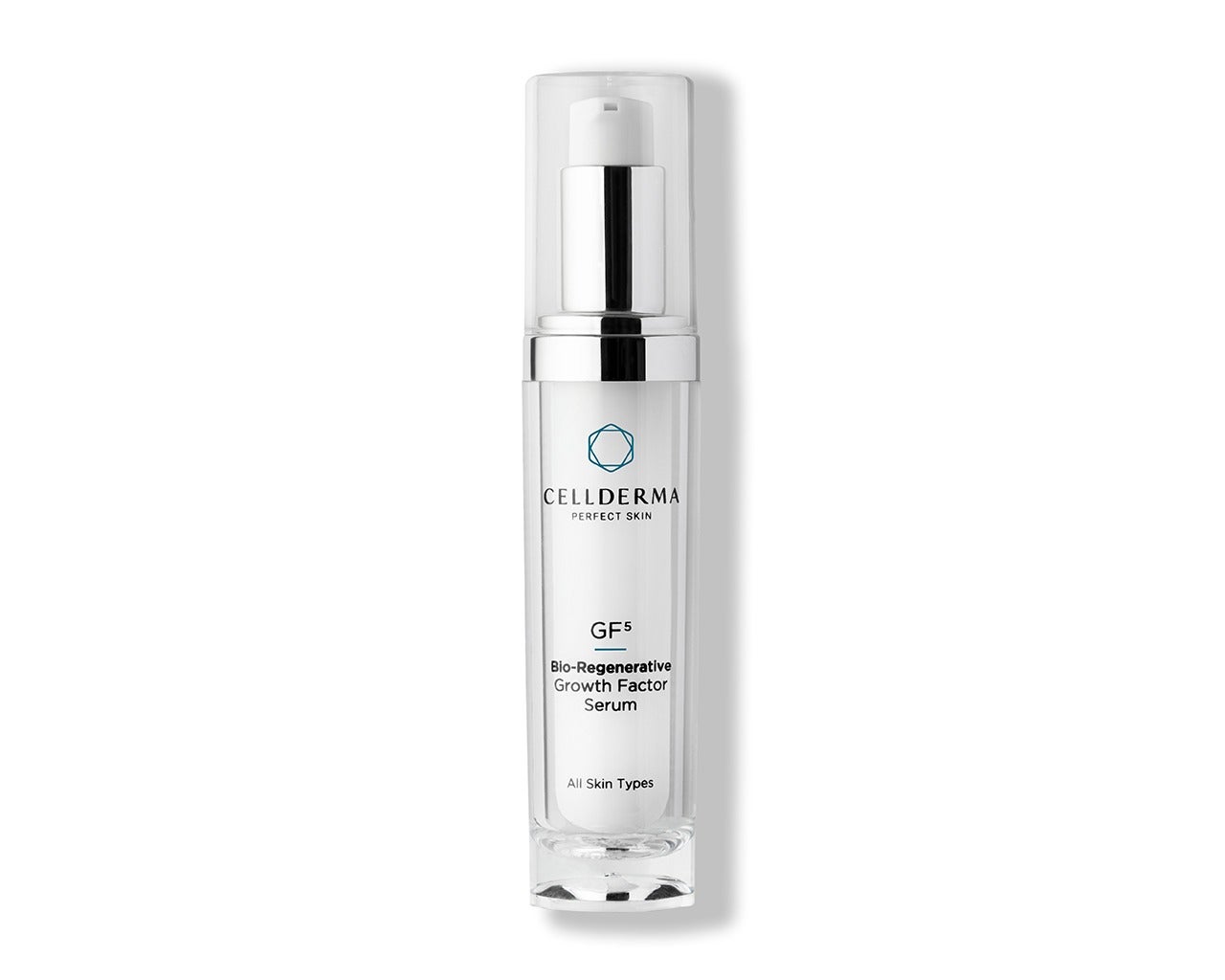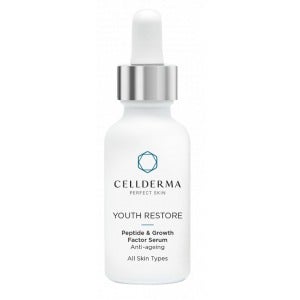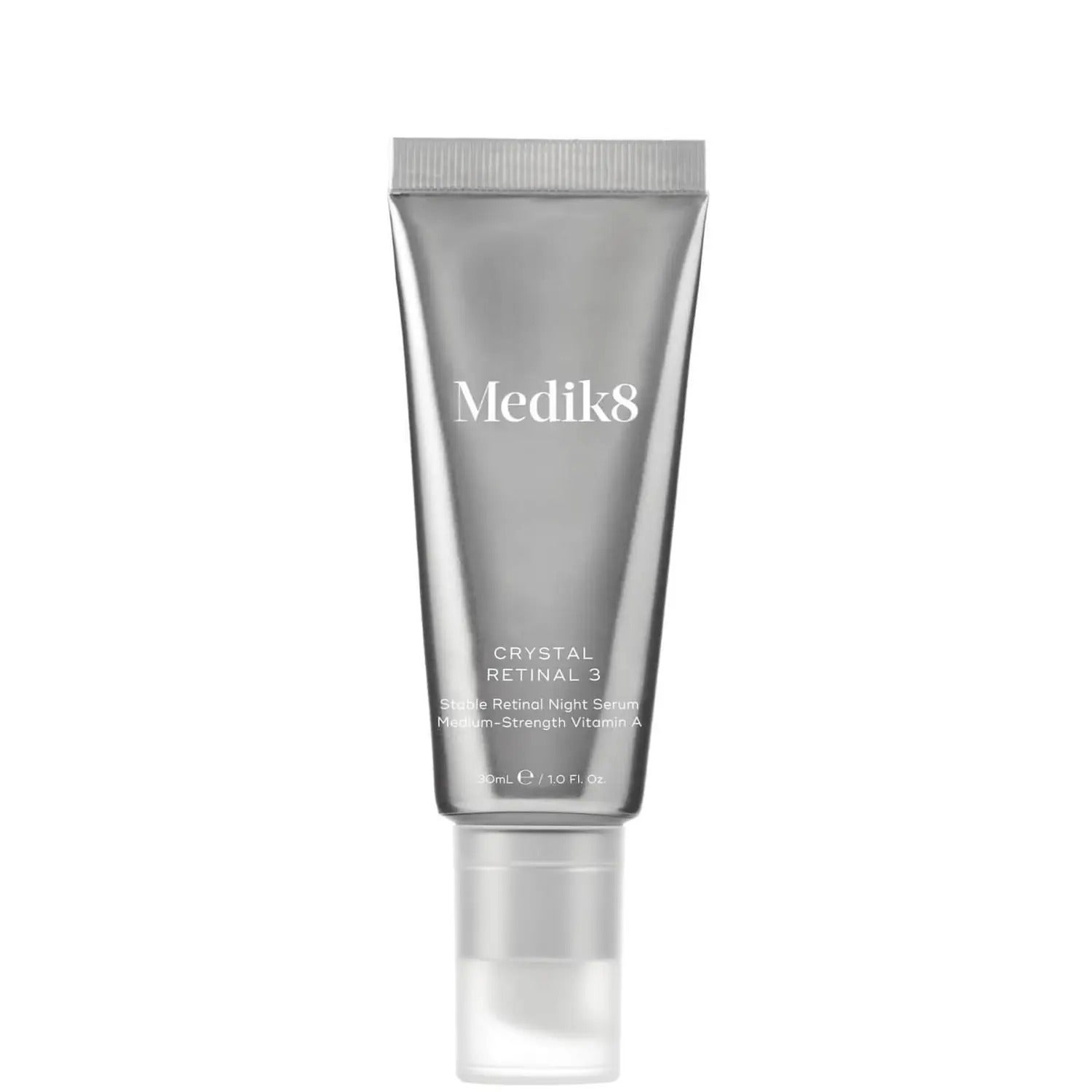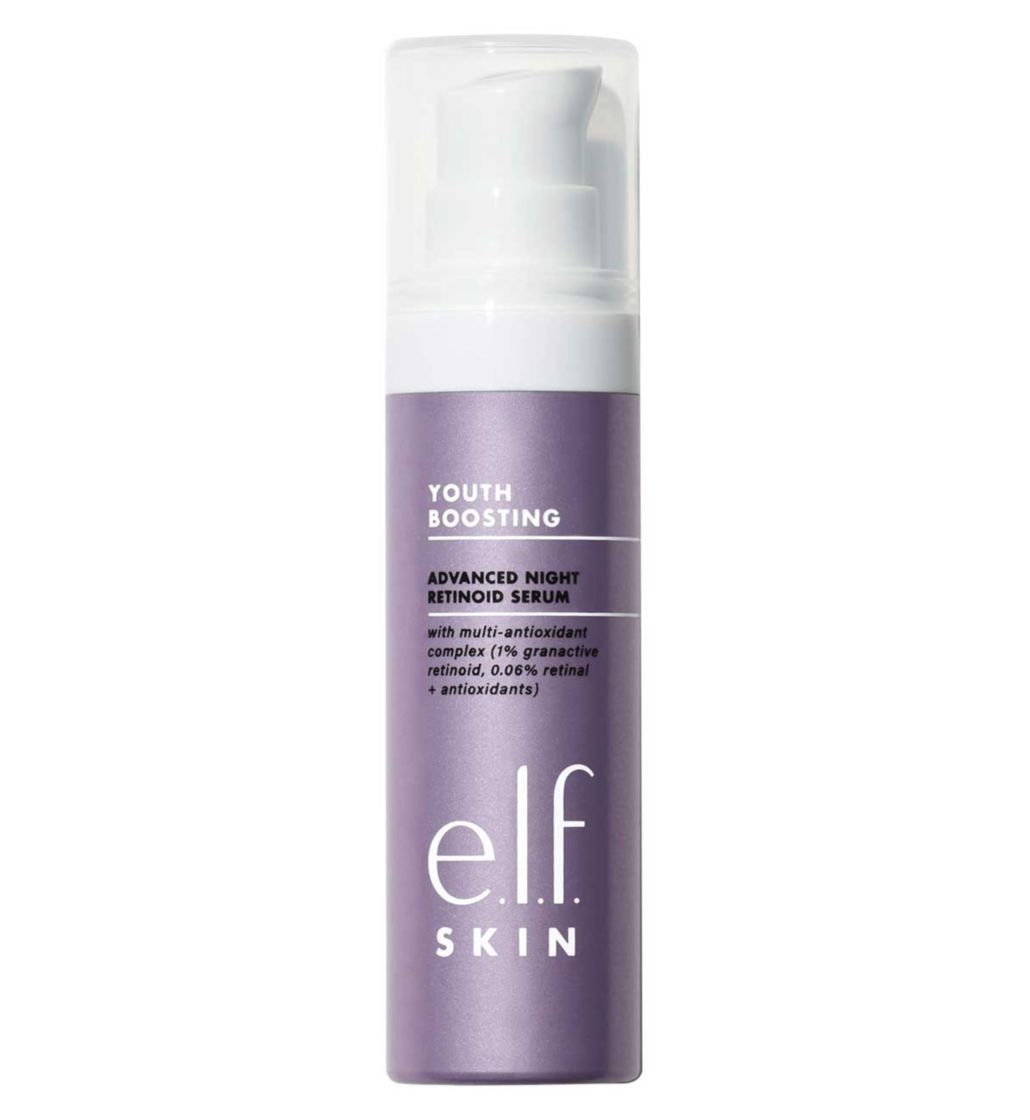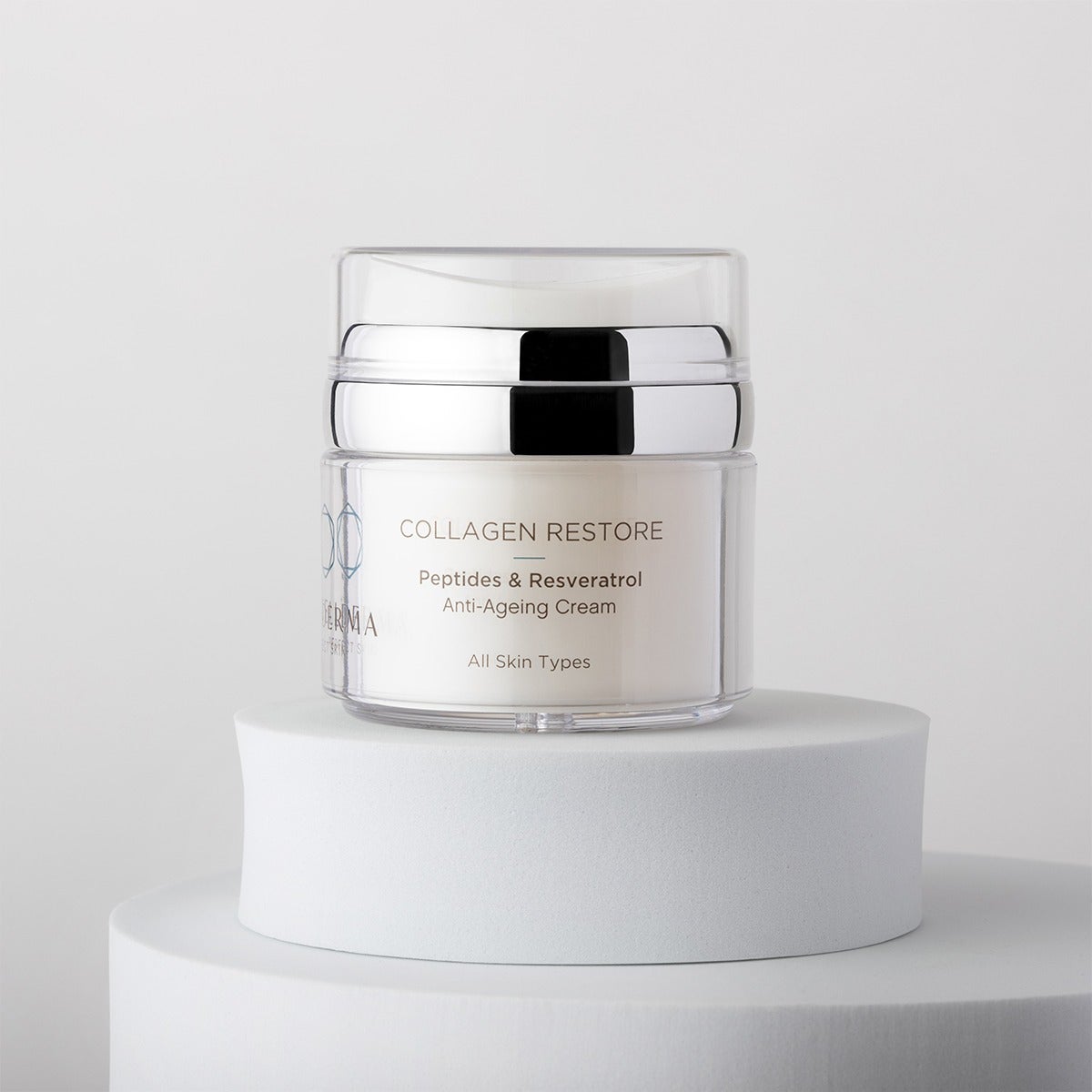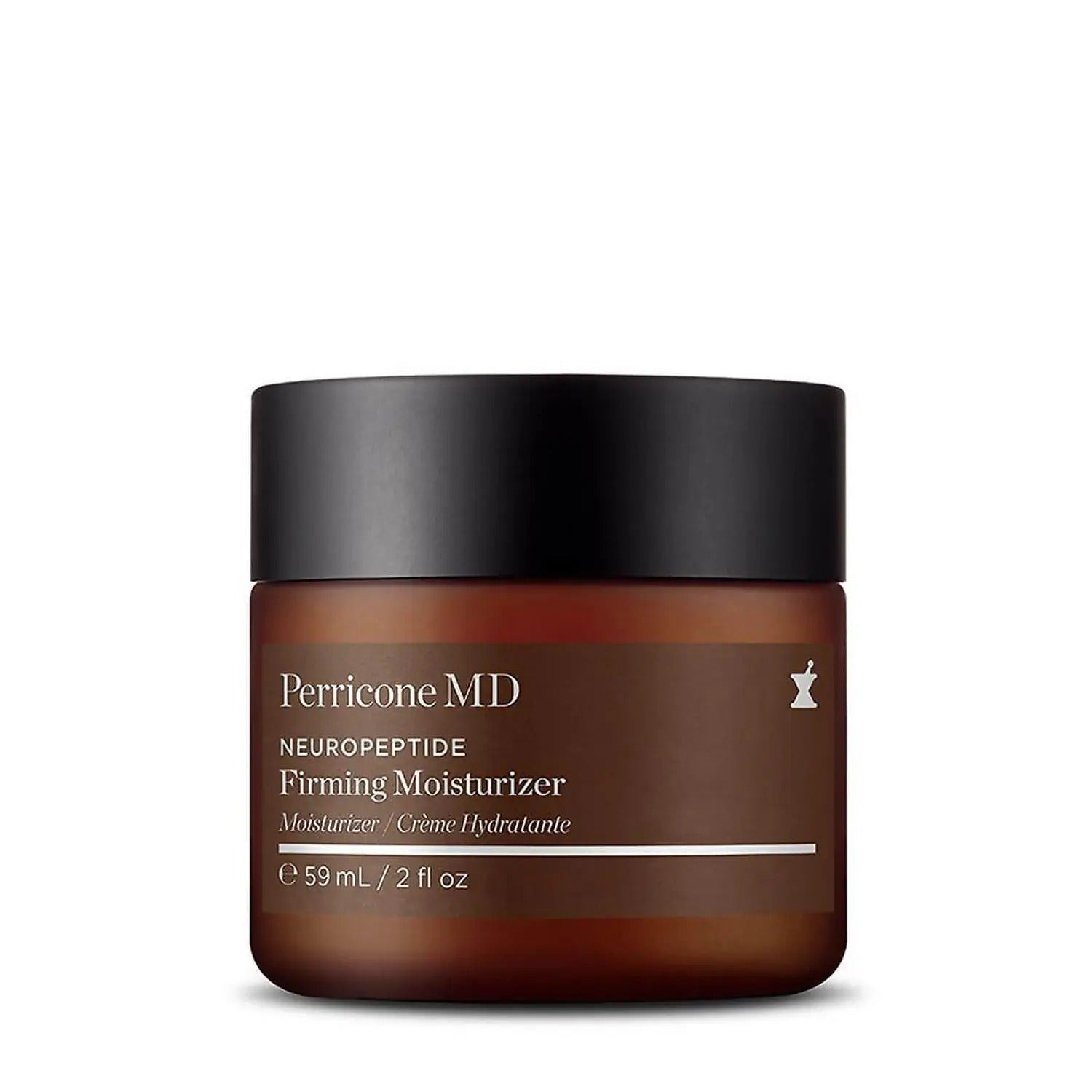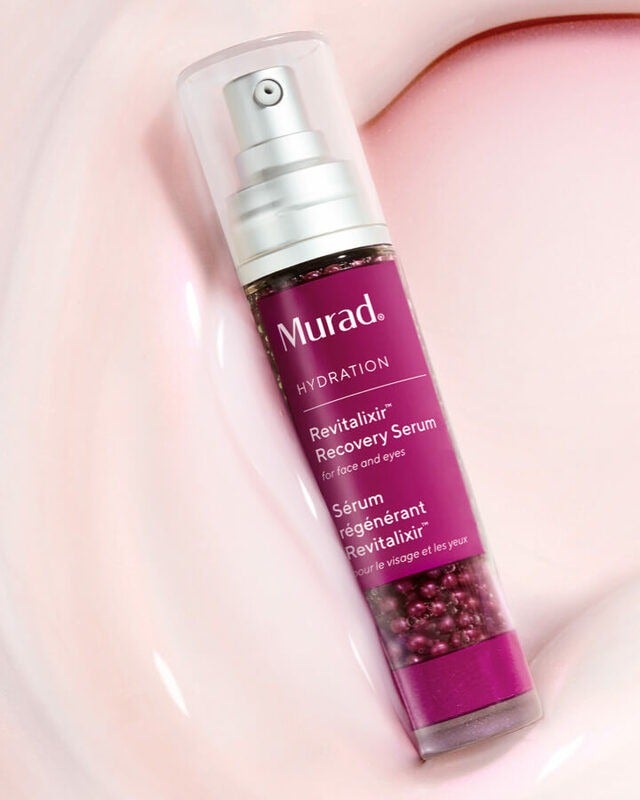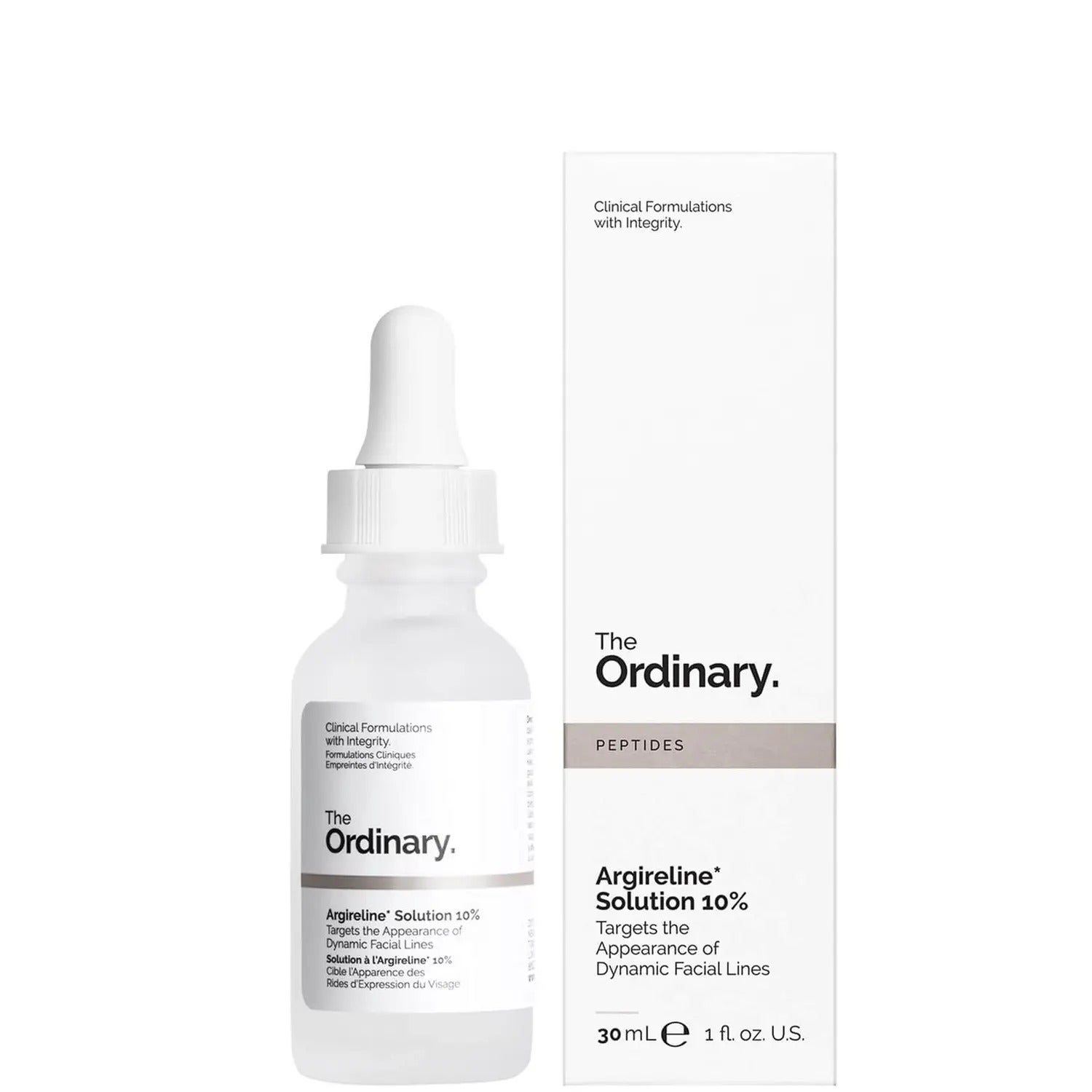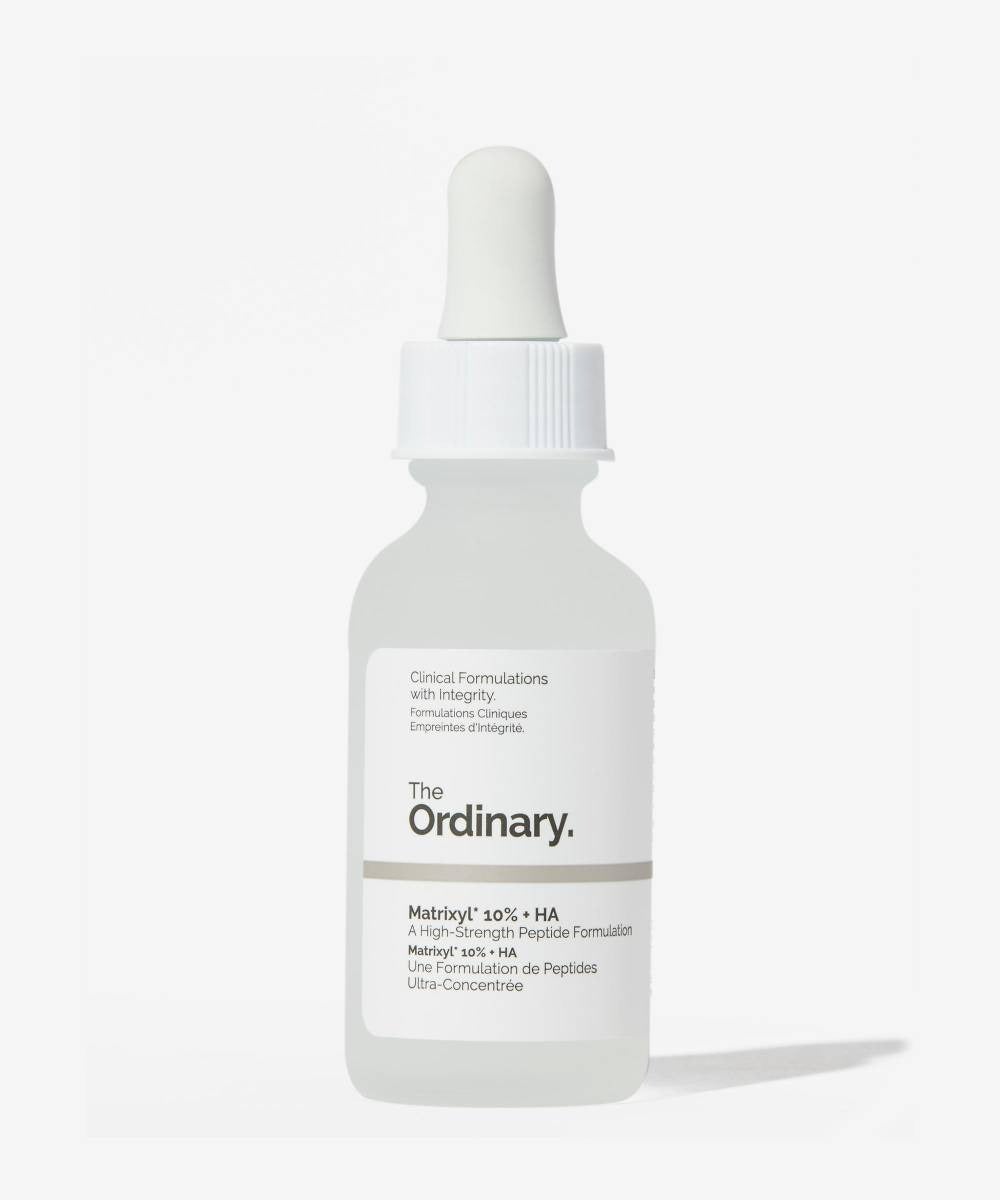Botox Made Me Look Older, But Why?
Jacqueline Before Botox
The first time I had Botox, I swore I’d never look back. I was approaching 30 and my skin was gradually changing in ways I’d never seen before. It started with a smattering of faint forehead creases, which deepened over time and were only ever accentuated by my makeup.
You don’t need me to tell you that skin texture and skin ageing are a given — and both entirely normal. Some even say that ageing is a privilege. In a way, I agree: Anything that reminds me of the good times I’ve had warrants some appreciation. Admittedly, though, the never-ending expectation to have smooth skin — not to mention sheer curiosity — got the better of me.
AdvertisementADVERTISEMENT
What is Botox and what are the benefits?
Before I knew it, I was lying down on a bed in a west London hospital while a doctor injected low dose botulinum toxin (the clinical name for Botox) into my forehead and eyebrows. Known on TikTok as “baby Botox”, this minimal approach to injectables is said to give patients a subtle brow lift and a fresher all-over appearance. “Botox is a neuromodulator,” Dr Jonny Betteridge, aesthetics doctor, trainer and owner of JB Aesthetics, told me. “It affects how the impulse travels between the nerve and the muscle.” Because the muscle can’t receive a signal, it can’t contract. “Without contraction, the overlying skin relaxes and softens,” said Dr Betteridge — hence the smooth skin effect.
Botox did give me a smooth, fresh and sculpted appearance. In fact, I was so taken by the discreet results of this light-handed approach that I extolled the virtues of Baby Botox to anyone who would listen. Perhaps that might explain why, when it wore off just two months later, I felt compelled to book into a different clinic (which I won’t be naming) for twice as many units of Botox.
Before I carry on, I want to say that Refinery29 is a judgement-free zone. You might already opt for injectables like Botox. Maybe you’re intrigued by the idea, or perhaps you wouldn’t dream of it. We’re not here to lecture or shame. Instead, we want to present the facts so that you can make an informed decision.
AdvertisementADVERTISEMENT
Can Botox make your eyelids droop?
With that out of the way, I recall leaving the clinic with high hopes for my sore forehead. I remember thinking that it wouldn’t be too long before I could apply my makeup without having to rub foundation out of my forehead lines, and that I could finally ditch the irritating retinol. So you can imagine my disappointment when, a few weeks down the road, I struggled to recognise myself in the mirror.
Sure enough, my skin looked a lot smoother. It glowed. But something was amiss. The skin underneath my eyebrows had sunk low and began to cover my eyelids. It only got worse as the Botox slowly took hold. In the days afterwards, I had to use my fingers to lift up each brow to apply eyeshadow (much to the amusement of a friend who noticed me struggling one day). While the wrinkles on my forehead had disappeared, I developed multiple folds and creases on my eyelids. My eyes looked smaller, too.
I wanted answers: Why did my Botox make me look older?
Jacqueline After Botox
Can Botox make you look older?
The “Botox droop” is nothing new. In fact, R29 contributor Vicky Spratt touched on the phenomenon in her recent article, “I Got Rejected For Botox & It Was A Hard Pill To Swallow”. Her chosen aesthetic practitioner refused to treat her with Botox, as her naturally low brow could leave her vulnerable to drooping, where the brow sinks post-injection. “Not exactly what you want having booked in to smooth and lift your features,” Spratt wrote. In fact, the droop has a clinical name — lid and brow ptosis — and it’s actually very common.
AdvertisementADVERTISEMENT
Lid and brow ptosis means the function of the lid and brow has been affected somehow. As Dr Betteridge explains, “Ideally, your practitioner will want to target your forehead muscle, but if the Botox is injected too low down, it can move out of position and impact the muscle function somewhere else,” — in particular, the circular muscles around our eyes. “In this instance, the lid might look very heavy over the eye, and the actual lids themselves can change the shape of your eyes.” I explained my symptoms to Dr Betteridge over the phone and he concluded that it’s highly likely I had experienced lid ptosis.
Dr Betteridge suggested that skin laxity, or extra skin around the eye area, are normal changes that many people will notice as they age. It’s ironic, then, that Botox — a treatment that is commonly used to rejuvenate skin — caused this. “When brows drop, it makes the eyes look smaller and the face look less bright,” said Dr Betteridge. Typically, our perception of someone’s persona, mood or age is often gleaned from looking at their eyes, he added. As the lid or brow drops, it makes the skin here appear heavy, while eyes become smaller and less awake, said Dr Betteridge. One family member even told me I looked brooding and intense. Ouch.
Can Botox be reversed?
Unlike filler, which can be dissolved with hyaluronidase (an enzyme that breaks down hyaluronic acid), Botox cannot be reversed or removed; you simply have to wait for the effects to wear off. Most trusted aestheticians will check in with you after a few weeks, but there is very little that can be done to correct a result that you don’t like. “I would never do anything correctional in this situation because adding further [Botox] is not going to help,” confirmed Dr Betteridge, who thinks it’s possible to over-correct in certain situations. “In this circumstance, it’s more about reassuring the patient. Ultimately, the Botox has affected the wrong muscle and more is not going to counteract what has happened.”
AdvertisementADVERTISEMENT
There is something you can do to encourage the speed in which your Botox wears off, though: Consider investing in a toning facial tool to help activate the muscle. Dermatologists I know speak highly of the NuFace Mini Facial Toning Device, £175, currently £140 at Cult Beauty, but if you’d rather spend nothing (Botox is expensive enough) then Dr Betteridge has a smart suggestion: “I advise my patients to put the end of their electric toothbrush over the [eyelid] and around the eye for 10 minutes a day,” he told me. It’s not as odd as it sounds: Countless aestheticians recommend this unusual step to help strengthen the muscle.
Before Botox
After Botox
Who is best for Botox?
Botox is a prescription medicine, so it’s key to visit a qualified medical professional who has plenty of years of experience. You can check whether they are licensed by typing their name into the Nursing & Midwifery Council register, the General Medical Council register, or Save Face, which is a government-approved register for aesthetic treatments. That said, Dr Betteridge points out that no-one — not even the most experienced practitioners — are infallible to complications. “[Botox] is a medical aesthetic treatment and things can go wrong,” he said. For this reason, a consultation is a must so that you’re armed with information about the potential complications.
I know that Botox can be transformative when done correctly. Even Dr Betteridge said not to let it put me off. But if anything, this experience has forced me to re-evaluate my relationship with ageing. Specifically, how easy it is to let outdated beauty standards and ridiculous notions, further exacerbated by social media, of what my skin “should” look like at age 30 (clear, smooth and line-free), influence me and my decisions.
AdvertisementADVERTISEMENT
Until I might be ready to try injectables again (which won't be for a good while), I’ll look to skincare for a revitalising effect. Post-summer, my skin is dull and dry, and in need of a serious pick me up. Dr Dev Patel, advanced aesthetics practitioner at Perfect Skin Solutions and founder of CellDerma, recommends growth factors. These are essentially proteins developed to speed up wound recovery, but they are now increasingly popular in skincare as they help kickstart collagen and elastin production. I love Bioeffect Hydrating Cream, £65, as well as Drunk Elephant Protini Polypeptide Cream, £61. If you have more to spend, Dr Patel recommends CellDerma’s GF5 Growth Factor Serum, from £165, or Youth Restore, from £165.
Most dermatologists I’ve worked with recommend retinoids as part of an evening skincare routine, too. Retinal — not to be confused with retinol — is a potent form of vitamin A that works quickly, and more effectively, than retinol. Try Medik8 Crystal Retinal 3 Serum, £49, currently £38.20 at Lookfantastic, or e.l.f. Youth Boosting Advanced Night Retinoid Serum, £22. If you’re using any kind of retinoid, you’ll want to wear a high-factor, broad spectrum sunscreen during the daytime, as retinol can make skin sensitive to sunlight.
AdvertisementADVERTISEMENT
Lastly, if you’re keen to mimic the results of Botox but don’t want to go under the needle, Dr Patel recommends neuropeptides, essentially proteins. “These inhibit nerve signals to the muscles and give a degree of muscle relaxation,” he explained. “The effects are far less potent [than Botox] and last only six to eight hours, but they can be a useful adjunct to a skincare formulation or as a measure if Botox is contraindicated, for example, when pregnant or breastfeeding.”
Dr Patel recommends CellDerma Collagen Restore, £121, which contains “messenger peptides” (a combination of neuropeptides and other peptides) alongside resveratrol, an antioxidant that protects skin against the environment, such as damaging pollution. Also try Perricone MD Neuropeptide Firming Moisturiser, £241 or Murad Revitalixir Recovery Serum, £84. If you’d rather spend less, skincare enthusiasts sing the praises of The Ordinary Argireline Solution 10%, £8.40, layered with Matrixyl 10% + HA, £9, thanks to their temporary plumping results.
Overall, it’s important to remember that most skincare products will only provide temporary results. If I’ve learned anything from the various injectors, dermatologists and facialists I’ve met over the years, it’s that nothing can pause the inevitable ageing process altogether. Not even Botox. Perhaps finally realising that is a positive thing — and maybe a substantial break from injectables will do me good.
At Refinery29, we’re here to help you navigate this overwhelming world of stuff. All of our market picks are independently selected and curated by the editorial team. If you buy something we link to on our site, Refinery29 may earn commission.
AdvertisementADVERTISEMENT







